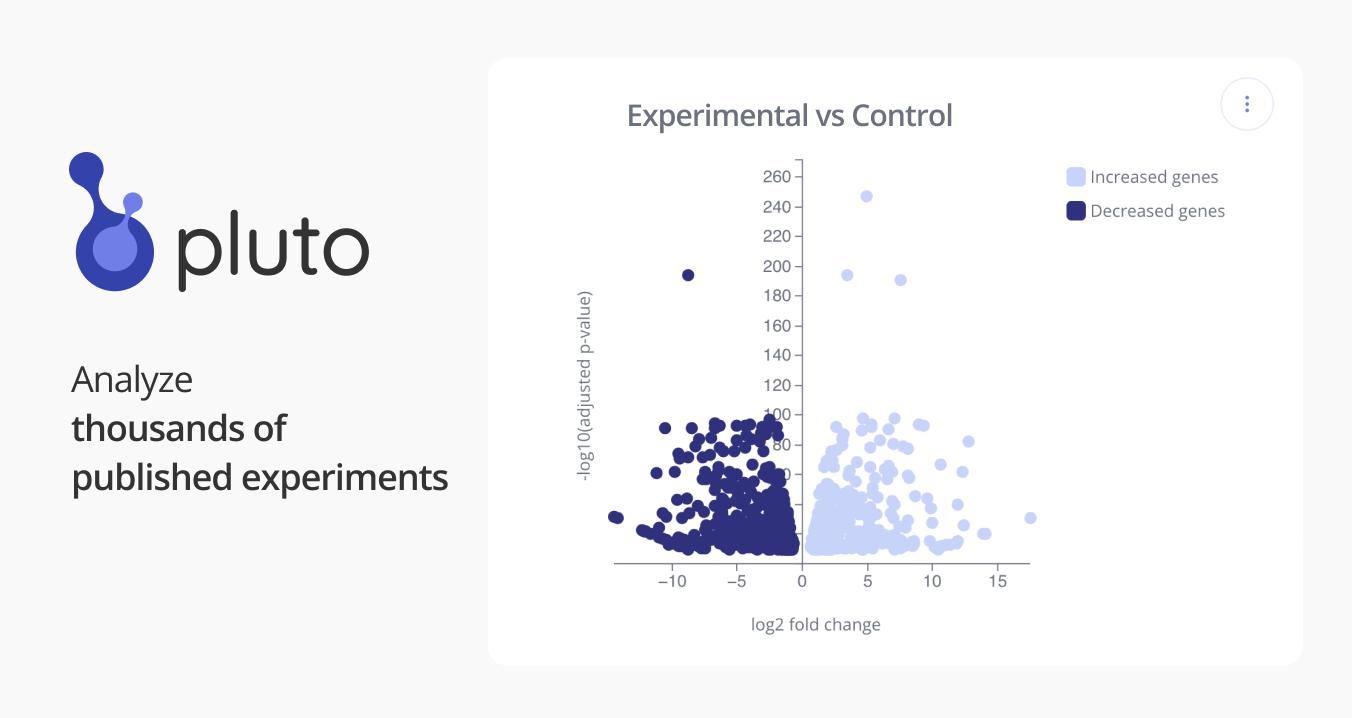Pluto Bioinformatics
GSE123508: Single-cell RNA-seq of UTC population in sarcoma mice models
Bulk RNA sequencing
Neutrophils represent a fundamental mechanism of antimicrobial resistance and inflammation 1. Moreover, neutrophils have emerged as important players in the activation, orchestration and regulation of adaptive immune responses2,3. Neutrophils are a component of the tumor microenvironment (TME) and have been prevalently shown to promote progression 4-6. On the other hand, unleashed neutrophilic effectors have also been reported to mediate anti-cancer resistance7-11. Antibody-mediated depletion used to investigate the role of neutrophils in tumor progression suffers from limitations, including duration, specificity and perturbation of the system12. We therefore used a genetic approach to investigate the role of neutrophils in primary 3-methylcholanthrene (3-MCA)-induced sarcomagenesis. Neutrophils were found to play an essential role in resistance against primary carcinogenesis by driving an interferon- dependent type 1 immune response. Neutrophil-dependent macrophage production of IL-12p70 led to type 1 polarization of CD4- CD8- unconventional T cells (UTC) in the TME. Single cell RNAseq analysis and in vivo evidence from two preclinical sarcoma models highlight the antitumor potential of a UTC subset. In the TCGA cohort of human undifferentiated pleomorphic sarcomas (UPS), unlike other sarcomas, granulocyte-colony stimulating factor receptor (CSF3R) expression and a neutrophil signature were associated with better outcome and with a type 1 immune response. The positive association between high neutrophil infiltration and improved clinical outcome was confirmed in an independent UPS cohort by immunohistochemistry. Thus, neutrophils, by driving a type 1 immune response and polarization of UTC, mediate resistance against murine and human sarcomas. SOURCE: Roberta Carriero (roberta.carriero@humanitasresearch.it) - Humanitas Research Hospital
